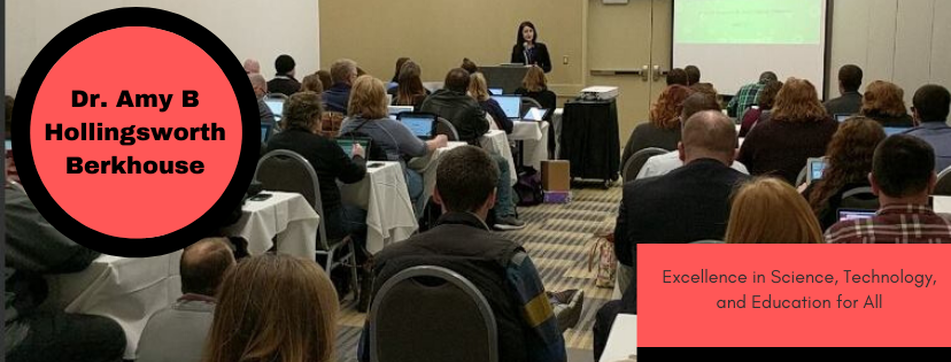There was an article on NPR about Tennessee offering a "free" community college education to its residents. This is one of those articles that makes me ask way more questions then it answers. Made the wheels spin. Forgive me for being cynical, but I don't see this program as the magical "free education" that it's being described as. When something seems too good to be true, you should stop and ask questions. These are just some I had, off the top of my head.
1. "Pretty soon, going to community college in Tennessee may become absolutely free. Republican Gov. Bill Haslam unveiled the proposal in his annual State of the State address this week." OK, so why would a Republican offer something like this, that is usually a Democrat issue? The fact that NPR called out that the governor is a Republican was one of the first things I noticed.
2. "Haslam is trying to lift Tennessee's ranking as one of the least-educated states." What kinds of implications does "least-educated" bring with it? That the residents are dumb? That they take low-paying jobs, and do not have the workforce they need to compete on a global scale? That because the residents can't take high-paying jobs, the tax base is low?
3. "Haslam told state lawmakers he'll tap into a mound of excess cash generated by the state's lottery. Roughly $300 million would go into an endowment.." So, is there a larger amount of lottery revenues in TN because of the lesser education levels? Lottery tends to follow low income, from what I'm aware. People who are well-educated don't waste their money on the lottery like less-educated people do. So, as the education increases, does the lottery revenues decrease? Does this plan take that into account?
4. "Net cost to the state, zero. Net impact on our future? Priceless," So, where had that lottery money been going prior to this plan? Who is that money being taken from, and who is it being given to? How does this huge sum of money follow the governor, the Republicans, or benefit the players involved? Or hurt the people who it's being taken from. I refuse to believe that there isn't an agenda behind all this money shifting. Someone is benefiting, and someone is being hurt. I want to know who. I know this is political, I just don't know how it's being played out.
5. So if the students who were previously going to public or private universities now go to community colleges, are they going to be better prepared to move into their colleges after two years in community college? How many new community colleges are going to be created? Who creates them? Who is profiting? By "stealing" the students away from public and private universities, and funneling them into community colleges, are the students really being educated "better?" Where are the professors who will teach in community colleges coming from? Are new jobs being created for professors? Or are jobs just shifting from one higher ed institution to another?
6. Is this proposal just essentially creating a 13th and 14th grade for students? Will students be failed from these programs if they really can't keep up with the work? Will there be standardized tests for these students so that we know if there is value being added to them getting this "free education?" How do we monitor quality? Students now essentially go to community colleges to "breeze through" their gen ed classes, and keep their GPA up. They transfer in, and are unprepared for academically rigorous programs. So, are we keeping the kids dumber, longer? We are just extending high schools, which aren't even doing their jobs currently. We are rewarding the dumbing down of education with more dumbed down education.
7. How does this impact jobs? Now that the students who graduate from high school and immediately enter the workforce are now being taken out of the workforce, does this provide more jobs in TN that weren't there before? So it frees up the jobs these kids would have taken, so that unemployment will decrease? Does this make the numbers for TN look better? Scores political points? Or are we trying to employ more community college people, tech support people, librarians, janitors, building maintenance, etc? Is this just a shifting of people, so that we can get better jobs numbers in TN?
8. What if the public and private colleges and universities find that students go to these two year programs, and then transfer into university less prepared than if the students had been in the four-year college or university all along? What if TN is creating LESS well-educated juniors in college? I can see the scenario play out like this: Previously, a kid goes to University of Tennessee right out of high school to become an engineer. They go through U of TN intro English, Math, Science, and gen ed classes. As they persist through each level - freshman, sophomore, junior, senior - they are immersed in the program, and know what the expectations of the program are. They are advised well by the department, and someone is keeping track of how well the student is doing. The student is in one place, that university, so the continuity and flow is monitored. In four years, that student graduates with an engineering degree, and the hiring firm knows what they have when they hire an engineer from the U of TN.
The new way, the student graduates from high school, and lives at home while going to free community college. The student is surrounded by his high school friends, and takes gen ed courses with his buddies. All these kids have different things they want to major in, besides engineering, when they get to "real college" in two years. No one is really advising the student on how to become an engineer, because most students won't go on to "real college" when they get their two year, gen ed associates degree. The student finishes two years, and goes to transfer to U of TN, and is now expected to take engineering specific courses, all of them, in his junior and senior years. He isn't academically prepared, and flunks out after one year. Now, we have lots of kids who can't do real college courses, because they haven't been academically prepared.
I can see how this LOOKS positive, from everyone's perspective. It seems like free college. It seems like better preparation. To me, I don't think so. I think this gives TN essentially a "holding pattern" for students, to keep them out of the minimum wage job market, and then dumps them into university, where they will either fail, or need four MORE years of school, to actually get them up to par with prepared students. What about students who don't want to go to community college, and want to spend all four years at U of TN? Will U of TN create a new pseudo community college to collect the lottery funds, and keep the students on their campus? I can't see how the U of TN would just give up EVERY student to a community college, and be ONLY a "last two years of college" program.
It seems this person agrees with me:
"Catherine Leisek of the National Council for Higher Education says that money could make all the difference. "Students who are scholastically prepared for university will be pushed into a two-year system possibly, because of the money," Leisek says."
This article created so many more questions for me, and obviously for the people who read the article, so I'd like to ask, "What is the agenda here?"



 RSS Feed
RSS Feed
